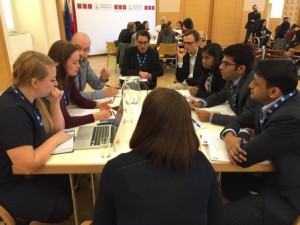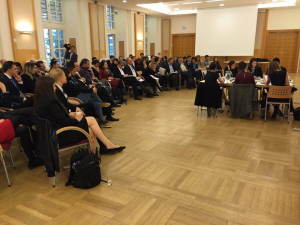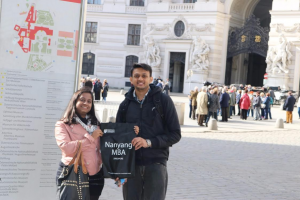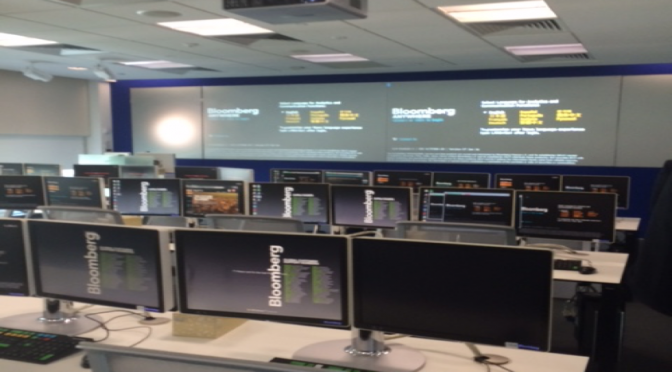Are you a graduate or a working professional looking to move ahead in your career? Some graduates prefer gaining work experience before opting for a post-graduation course, whereas others may decide to take up a master’s degree immediately after graduation. Most working professionals will eventually start thinking about a postgraduate degree, such as the MBA, especially if they are looking at progressing in their careers.
There are various modes of pursuing an MBA – full-time, part-time professional, distance or even executive. The dilemma, most often, is having to choose between a part-time MBA and a full-time MBA.
A part-time MBA is a course that allows its candidates the flexibility of working alongside studying. Participants can continue to draw a steady flow of income without taking a break. On the other hand, in a full-time programme, the opportunity cost is that participants will have to leave their jobs or take a sabbatical. The primary objective of both programmes is to help participants gain varied experiences such as interacting with a diverse peer group, and honing leadership and strategic thinking skills which would prepare them for senior management roles.
Before deciding which type of MBA is suitable, it is worth one’s time to understand and appreciate the differences between the part-time and full-time modes of study. We have outlined the key differences between a part-time MBA and a full-time MBA, highlighting the benefits of a part-time professional MBA:
Profile of Participants
Full-time MBA programmes are predominantly taken up by the younger crowd, with less working experience. Participants are typically around 28 years of age with 6 years of work experience. The average participant of a part-time MBA, however, is 30 years old, with 8.5 years of work experience.
Minimal Downtime
Both part-time and full-time MBA programmes follow a similar curriculum. However, part-time courses offer more options, such as weekend classes, online classes and weekday classes. This makes it more schedule-friendly for working professionals.
The Nanyang Professional MBA (PMBA), for instance, is a part-time programme which incorporates a career-friendly 18-month timetable. It encompasses weekend modules, where classes are only held on two weekends per month. This eliminates the need for out-of-office days and leave, making it suitable for the demanding schedule of full-time working professionals. Term breaks also coincide with local school holidays. This is an added advantage if you are a parent – you can take vacations with your family without compromising your MBA journey!
Immediate Application of Concepts
Most part-time MBA participants are working professionals, and this allows them to apply classroom learning immediately in their jobs. The curriculum offered at Nanyang PMBA programme suits specific business contexts. With integrated learning and exploration as the key takeaways, the learning process in Nanyang Business School’s PMBA programme is categorised across three areas – Business Fundamentals, Strategic Insights and Experiential Learning.
These three key areas enable participants to understand businesses and their strategies, tackle and conquer complex issues and learn about business scenarios hands-on. Participants also get the opportunity to be coached and mentored by our faculty, which comprises leading C-level executives who bring their industry expertise into the learning curriculum.
Full-time MBA participants will have the opportunity to apply these concepts during simulations of corporate scenarios and upon returning to their careers post-MBA.
The minimal downtime and real-world applications of a part-time MBA programme makes it the ideal choice for a working professional. If you desire to strike a balance between family, career and a postgraduate degree, you can find out more about the benefits of our Nanyang PMBA programme here.
















You must be logged in to post a comment.